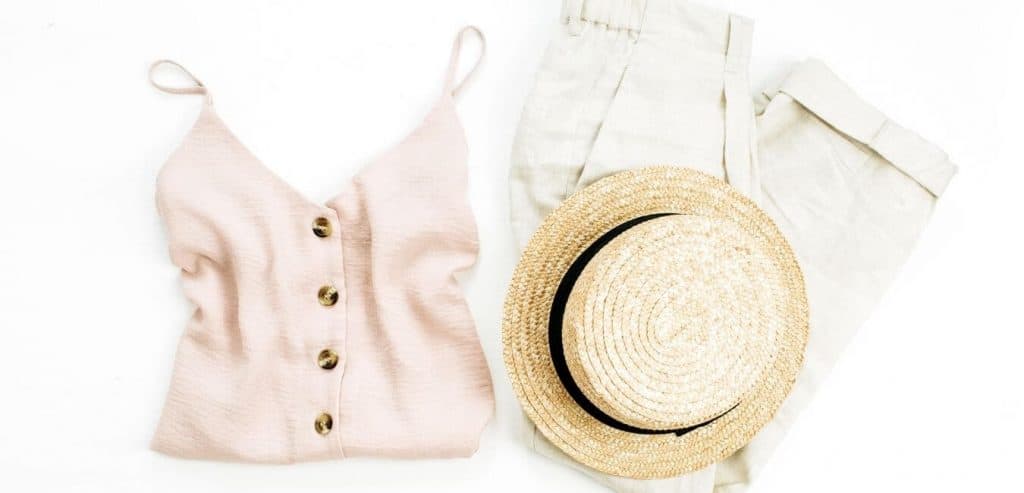
On any particular day, reading the news might lead you to believe that people are all doomed to perish due to climate change. New articles and research continue to expose how humans are degrading the world at an extraordinary speed. Becoming an ecological warrior does not require the heroic effort of a superhero. Simple actions such as establishing a grocery list, selecting eco-friendly clothing such as Australian bikini, or baking with ceramic pans can make a significant difference. This article will discuss numerous methods in which you can contribute to the protection of the planet Earth.
Make Use of Reusable Bags
When plastic shopping bags are thrown out, they wind up in landfills or other ecosystem sections. These can strangle animals that become trapped within or be mistaken for food. Additionally, the bags take time to degrade. Use a cloth bag whether shopping for clothes, food, or groceries. This reduces wastage and keeps birds and animals away from them. Some places even provide incentives to customers who bring their bags!
If you leave your bags at home, purchase a replacement. Even better, keep some bags in the car, so you’re never without them. If you must use plastic bags, reuse them when you shop again or repurpose them. Don’t discard them so quickly! Certain locations prohibit or charge an additional fee for plastic bags. Cloth bags benefit both the planet and your wallet!
Avoid Taking Vehicles and try Carpooling Wherever Possible
Automobiles are detrimental to the environment. Taking the bus, riding a bike, or walking are healthier options that benefit the environment and the wallet while also providing exercise! If you need to utilise your car, compare your schedule and residence to those in your neighbourhood. You can share the expense of gas and arrange for alternate driving schedules. This is less expensive than everyone travelling separately and will bring you closer to your pals!
Put on eco-friendly clothing.
Eco-friendly clothing begins with the fabric selection at the factory and continues long after it reaches the cupboard and is used. There are concerns regarding dye, wastewater, pay, and working conditions between these two points. Organic cotton, wool, linen, hemp, and silk are all examples of eco-friendly materials. No synthetic fabrics are acceptable because their manufacture generates vast amounts of carbon dioxide, and they aren’t biodegradable.
However, how about swimwear? Sustainable Australian bikini, such as crinkle swimwear, is made with environmentally friendly fabrics. Sustainable swimwear was initially manufactured from recycled plastic bottles; however, the ultimate result was frequently unsightly. But, the most prefered way presently is to employ a combination of hypoallergenic and anti-bacterial bamboo fibre!
Conserve energy!
Replace incandescent bulbs with energy-efficient bulbs. They will last longer, saving you from the expenditure. Compel yourself and your family to turn off lights, the TV, and other devices when not in use. Reduce the temperature of your AC or heating system when it is not essential. This is particularly true during the shifting period between the seasons. In the early autumn, open your windows and layer your clothing.
Conserve water
Water is wasted on a larger scale than anyone can see. While brushing the teeth, turn off the tap. Turn on the shower only when you’re ready to enter and rinse your hair. Reduce your water consumption during dishwashing. Developing new habits benefits both the planet and the wallet!
Environmental protection begins with you. When you take the first step towards transformation, you’ll unlock a world of health for your future!
